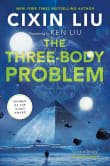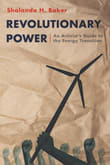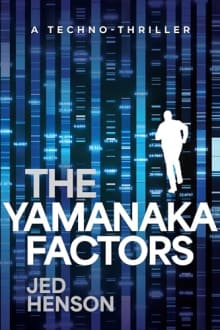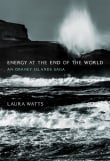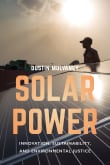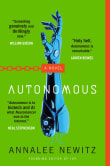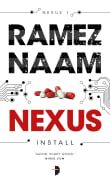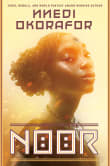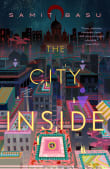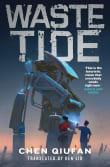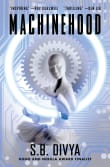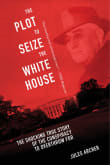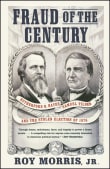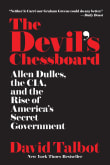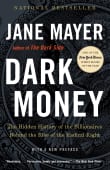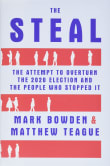Infomocracy
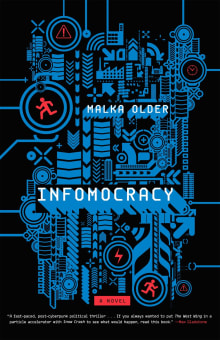
Book description
It's been twenty years and two election cycles since Information, a powerful search engine monopoly, pioneered the switch from warring nation-states to global microdemocracy. The corporate coalition party Heritage has won the last two elections. With another election on the horizon, the Supermajority is in tight contention, and everything's on…
Why read it?
4 authors picked Infomocracy as one of their favorite books. Why do they recommend it?

I’m fascinated by the possibilities presented by post-nation futures. Infomocracy looks at a future where ‘centenals’—groups of 100,000 people without historic nationalist borders—elect an international corporate-affiliated body to govern the world.
High-stakes political intrigue fuels the biggest election in a century as multiple factions battle it out to seize power through the vehicle of futuristic democracy. To me, the highlight of this novel is its exploration of democracy—it’s peppered with paradoxical and intense arguments that are rewarding to engage with, and enhance the richness of its world.
From Lavanya's list on science fiction novels exploring the near future.

Infomocracy has one of the most original science fiction concepts that I’ve read in in a very long time.
It’s set in a grounded near future with a radically different, but still democratic, global governance system. The story and characters are engaging, but what really stood out for me is how well Older has thought through this new form of geopolitics.
It’s a fascinating read, and if you’re like me, you’ll be thinking about whether this is a good and workable solution long after you’ve finished the book.
From S.B.'s list on realistic near-future science fiction.

Infomocracy is the most prescient book I’ve ever read. Seemingly, though, it has nothing to do with energy. So why is it here? Because data engineers are writing the future of energy alongside everything else. And Older, more than anyone, grocks that data is not just technology, it’s democracy, and humanity. She also understands that, when technologies leave the lab or start-up company, innovation doesn’t end; it’s only just beginning. Engineers don’t create the future; we all do. We choose technologies. We use them in our own ways, for our own purposes. In the process, we remake technology, and we…
From Clark's list on leading the clean energy revolution.
If you love Infomocracy...

In democracies, does more information make us smarter, or more likely to be taken advantage of? That is one of the abiding questions asked by Malka Older’s novel Infomocracy, a fast-paced and intelligently crafted story about the late 21st-century contest for power in a world in which 100,000-strong blocs of people -- known as “centenals”-- and corporations have as much political clout as nations. “It’s all about participation. No matter who wins or loses, as long as everyone plays the game,” she writes. So when the ballots being cast will determine the direction of the entire world, you can…
From P.W.'s list on best novels for a post-pandemic world.
If you love Infomocracy...
Want books like Infomocracy?
Our community of 12,000+ authors has personally recommended 100 books like Infomocracy.


